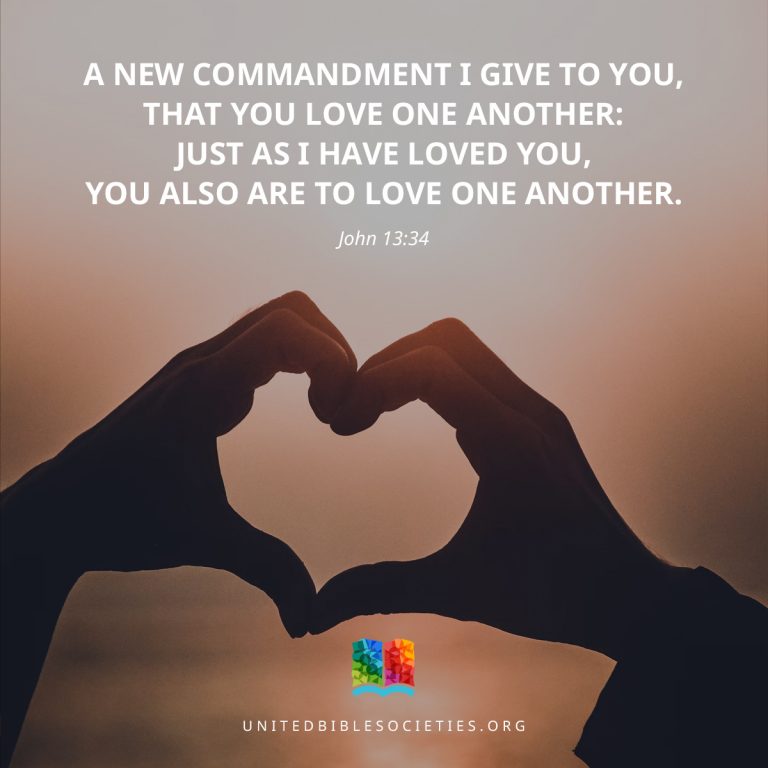Worship in Heaven
1 At this point I had another vision and saw an open door in heaven.
And the voice that sounded like a trumpet, which I had heard speaking to me before, said, “Come up here, and I will show you what must happen after this.” 2 At once the Spirit took control of me. There in heaven was a throne with someone sitting on it. 3 His face gleamed like such precious stones as jasper and carnelian, and all around the throne there was a rainbow the color of an emerald. 4 In a circle around the throne were twenty-four other thrones, on which were seated twenty-four elders dressed in white and wearing crowns of gold. 5 From the throne came flashes of lightning, rumblings, and peals of thunder. In front of the throne seven lighted torches were burning, which are the seven spirits of God. 6 Also in front of the throne there was what looked like a sea of glass, clear as crystal.
Surrounding the throne on each of its sides, were four living creatures covered with eyes in front and behind. 7 The first one looked like a lion; the second looked like a bull; the third had a face like a human face; and the fourth looked like an eagle in flight. 8 Each one of the four living creatures had six wings, and they were covered with eyes, inside and out. Day and night they never stop singing:
“Holy, holy, holy, is the Lord God Almighty,
who was, who is, and who is to come.”
9 The four living creatures sing songs of glory and honor and thanks to the one who sits on the throne, who lives forever and ever. When they do so, 10 the twenty-four elders fall down before the one who sits on the throne, and worship him who lives forever and ever. They throw their crowns down in front of the throne and say,
11 “Our Lord and God! You are worthy
to receive glory, honor, and power.
For you created all things,
and by your will they were given existence and life.”
Dhuŋun dhina dhaŋinijo Yuuẖannaŋw dhina dhiro ŋinena dhiŋidi dhan Sama
1 A gidon gi dhuŋun ibidha nyi datiŋa galo, a aŋadhi, a gibur igini gi Sama. A ŋwal ŋwina ŋwiro kwerkwereny ŋwina ŋwidiŋinyilo ŋwiro ŋinena ŋwal ŋwa ŋiridhe anaŋwai abiŋi; alarnu, Alidha mina, a nyi gwaŋa aŋajo ŋida ŋina ŋaji ŋaje gidon gi dhuŋun ibidha. 2 A kaija ibige nyi gwijo gi Dhigirim, a aŋadhi, kursi gigitinu galo gi Sama, a gweta gwijalo kursi alaŋ. 3 A gwina gwijalo kursi alaŋ aŋini gwuŋun gwiro ŋinena kol gina giro yashib a ⓐagiig, a dhululun urejo kursi galo a aŋini gwa ŋiremina ŋa dhululun ŋigilaŋ ŋiro ŋinena zumurrud. 4 A keraasi gina giro dhure‐a‐kworoŋo urejo kursi galo; a nyaŋa shiyuuk lina liro dhure‐a‐kworoŋo lijalo keraasi alaŋ, ligeno ciraŋa jina jipidho; a ŋwura alaŋ ŋwegen luthi tiijaan dhina dhiro dahab. 5 A gi kursi iga tuiya ya lirainy a mirini ganu gwa lirainy a ŋwal, a gi je ganu ja kursi ŋwamba ŋwijo ŋwina ŋwiro kworoŋo‐thiril ŋwina ŋwuthi iga, a ŋwiro Digirim dina diro kworoŋo‐thiril da Kalo. 6 A kwereny gi kursi baẖr gwijo gwina gwiro gizaaz gina giro ŋinena gizaaz gina guro ganu. A owaŋ kworoŋo, ina yoinyadho je kwereny a gidon, je keligeny ganu ga kursi, alurejo kursi galo. 7 A kowaŋ gina giro kwerkwereny giro ŋinena lima, a kowaŋ gina giro nimra ram giro ŋinena ŋimiro ŋina ŋitiny, a kowaŋ gina giro nimra thiril giro gi je ganu ŋinena kwiji, a kowaŋ gina giro nimra kworoŋo giro ŋinena libirthaŋ lina lathela kabo. 8 A owaŋ ina iro kworoŋo yeta yeta degen ganu yuthi nyibo nyiril nyina nyurejo galo; a kiru gi nyibo ganu ŋwuthi je joinyadho, a yati yathidhuna no ninaŋin a gigilo, athil arnu, Gwiŋir didirel, gwiŋir didirel, gwiŋir didirel, Kweleny gwina gwiro Kalo gina guthi ŋoma ŋidi alaŋ peth, gwina gwijo, a gwina gwo, a gwina gwaji gwila. 9 A maji ma owaŋ ibiye dhedha ŋeduŋw gwina gwijalo kursi alaŋ gwina gwathimidhe gwortal di gwortal majdhuŋw a neyuŋw a shukr, 10 athi shiyuuk lina liro dhure‐a‐kworoŋo ide ŋwurko ŋwai kwereny dugun gwina gwijalo kursi alaŋ, athilorthadha gwina gwathimidhe gwortal di gwortal, algagitho tiijaan dhegen galo gi je ganu ja kursi, alarnu, 11 Ŋa gwaudhi, Kweleny gwai, daŋapai majdhuŋw a neyuŋw a ŋoma; ŋinena gegitaŋa ŋida peth, a ŋidi ibiŋa gi dhuŋun dhina dhibupaŋa ŋijo a ŋimaŋal geta.

